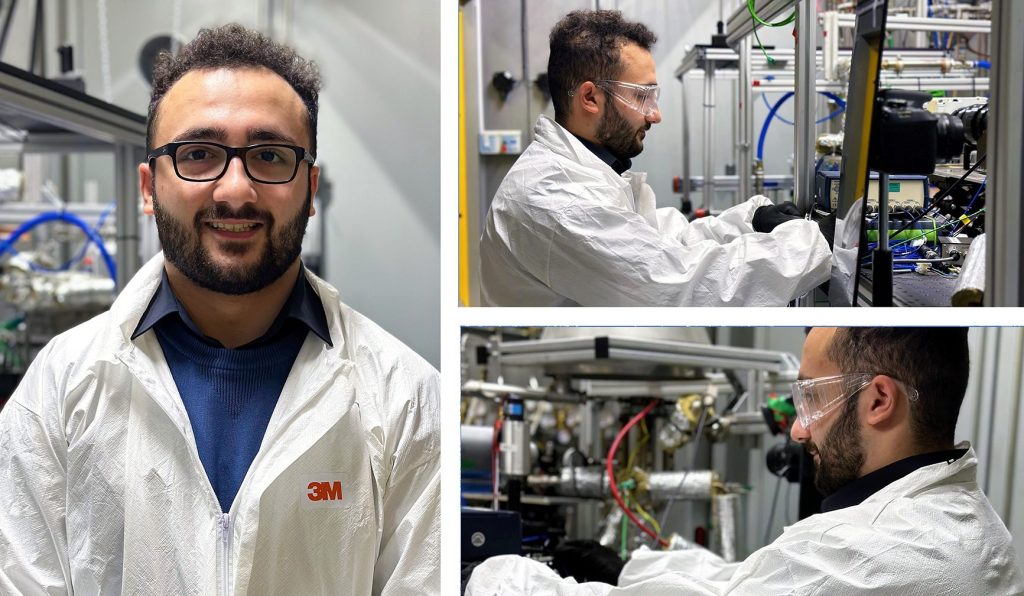The world has changed dramatically with rapid changes in technology impacting how we work and study but also creating exciting opportunities to gain virtual work experience.

More and more students are now taking advantage of online placements to further develop their skills with employers and deepen their knowledge for their future careers.
Since COVID, companies are increasingly offering hybrid working with employees wanting more flexibility and bosses realising the benefits of a less tired and more productive workforce. However, the aftermath of the pandemic and the current economic climate have also made it more challenging for businesses to prioritise in-person work experience in some sectors.
Springpod works with Capital City College Group (CCCG) to offer virtual work placements and other enrichment opportunities to students. It has around 400,000 students from colleges and universities nationwide gaining online experience with top employers including Siemens, Deloitte, Airbus, Fujitsu, Barclays and the NHS.
Students from City and Islington College (CANDI), which is part of CCCG, recently completed an employability workshop with Springpod to help them prepare for work. Upon completion, 94 per cent rated their awareness of employability skills as good or excellent and 90 per cent felt confident about finding a job in the future.
Advantages to virtual placements include not being restricted to working for companies close to you, enabling students to gain much broader experience and save money on travel costs. They are also beneficial to those who may find it difficult to attend in-person placements due to a disability or health reasons.
While there are many benefits to in-person work placements, students should also consider gaining online experience, or combine both, so they leave college with a CV that stands out to employers.
Here’s our top 10 tips on making the most of virtual work placements:
- Start building up your virtual experience now. Why not push yourself out of your comfort zone and try various careers? Find out what Springpod offer here.
- Check the deadlines for applications and dates of the placement, and make sure you have all the equipment you need in advance so you’re ready to work.
- Virtual experiences are a safe way to try out new areas and develop new skills without having to adjust to a new environment and meet new people.
- Practice your communication skills by asking questions in online meetings. Typing in an online chat can be a less intimidating way to find out what you need to know.
- Take the opportunity to really connect with employers who may have job opportunities in the future. It can be really impressive if you refer back to your experience in job applications.
- Ensure everyone at home is aware of times when you need to focus and make sure you plan breaks, including a lunch break, as you would if you were at work.
- Think about what you want to learn from the experience. Reflect on your own skills and think about whether or not this career is right for you.
- With more employers now offering hybrid working, virtual placements offer the chance to become proficient using applications such as Teams and Zoom.
- Keep notes on what you have learned so you can add the experience to your CV and refer back to them when you are completing UCAS and job applications.
- Overall, be professional and enthusiastic in your approach and make the most of these valuable opportunities.
Find out more about Work Experience and Volunteering here.










